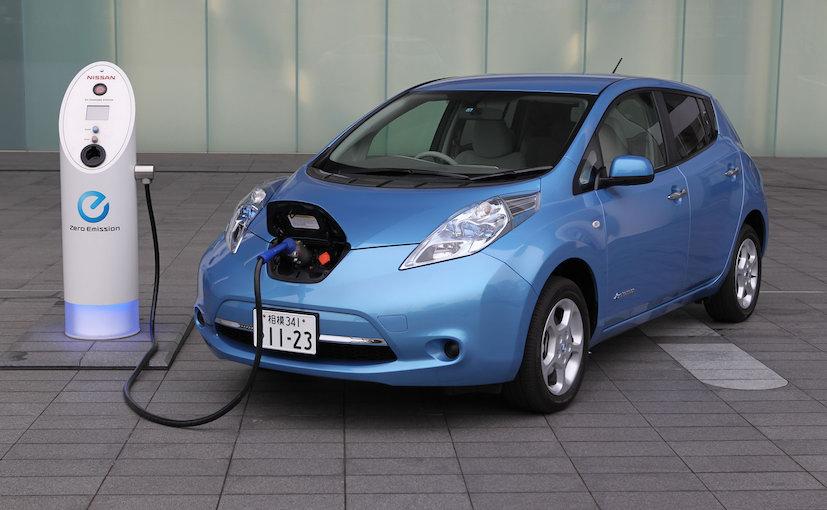The country’s transition to a shared, electric and connected mobility system can save $330 billion (Rs 20 lakh crore) by 2030 on avoided oil imports alone, a report by Ficci-Rocky Mountain Institute said 21 November.

Representational image.
Even under a shared mobility paradigm, over 46,000,000 vehicles (two, three, and four wheelers) could be sold by 2030, it said.
“This annual market size would present an opportunity for Indian companies to become leaders in EV (electric vehicle) technology on a global scale,” it added.
The report said overcoming key barriers to vehicle electrification in the country’s passenger mobility sector presents an enormous challenge for India and also a tremendous economic opportunity.
“India can leapfrog the western mobility paradigm of private-vehicle ownership and create a shared, electric and connected mobility system, saving 876 million metric tons of oil equivalent, worth $330 billion and 1 giga-tonne of carbon-dioxide emissions by 2030,” it said.
It added that the main barriers to EV adoption include price, charging and consumer awareness.
EV charging infrastructure, battery swapping and manufacturing are some of the areas which can help overcome these barriers, the report said.















